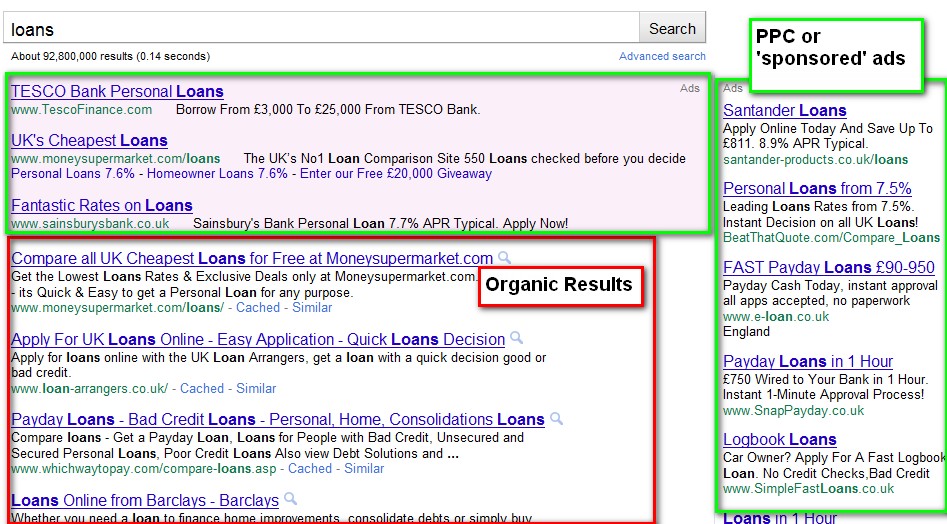 There are countless SEO myths floating about. The fact of the matter is that, as Google’s exact algorithm is well under wraps, ranking factors will always be speculated upon. But few SEO myths irritate me as much as the keyword density myth.
There are countless SEO myths floating about. The fact of the matter is that, as Google’s exact algorithm is well under wraps, ranking factors will always be speculated upon. But few SEO myths irritate me as much as the keyword density myth.
If you’ve read around on keyword density, you’ll have heard all sorts of figures flying around. 2%, 2.26%, 4%, 3.2%…. those figures have one thing in common: they’re all rubbish.
I don’t have classified information from Google backing this up, of course, just a bit of common sense! But generally here’s why I’ve concluded that keyword density is utter rubbish:-
– Google wants to deliver the best quality and most relevant results for its searchers. That means HIGH QUALITY content – not content mathematically structured in order that certain words feature a certain number of times. Counting out words and putting tally marks next to certain phrases is a sure fire way to turn your content from naturally reading, relevant and easy on the eyes content, to keyword stuffed nonsense.
– Those search engine bots are pretty smart as far as bots go. If your site is about “model cars,” for example and you put “model cars,” in the relevant key parts of the page (meta title, description etc) and mention it once in your text on the page, said bots have a good idea that the topic is model cars. You don’t need to keep repeating it over and over and over and over again. They heard you the first time!!! Repeating the keyword time and time again, particularly when reading aloud makes inclusion of the word sound unnatural, is akin to standing in front of someone shouting, “I’m talking about model cars… did you hear me? I said I’m talking about MODEL CARS! Model cars are what I am talking about.” In other words, it’s annoying and pointless.
– Google can pick up related terms! You don’t have to use just one version of a word. In ‘normal’ and natural English you might use three of four different words in one article that mean the same thing. In fact, with adjectives in particular, you would be more likely to do that than to keep using the same word over and over. While Google’s means of reading and understanding “related words,” is by no means perfect, it is there, highlighting that the search engine giant has a firm grip on natural written language.
– If there was one single winning number when it came keyword density, then you’d think all the big SEO sites and forums would know it. But search “SEO” and check the keyword density of the top 10. Different. Every single time. Repeat with similar keywords and you will find different again. Search the more competitive keywords like “cheap holidays,” or “car insurance.” Do those sites have that big keyword mentioned a specific number of times in relation to the number of words on the page? Nope! What they have is the keyword in the relevant places and natural, high quality, relevant content on the page.
So keyword density is another of those myths that persists in existing… I wonder how long it will be before that one dies. Fundamentally, your site is for humans, not for bots so content should be written for human readers and not scientifically and strategically calculated to fit fictional keyword density figures.




